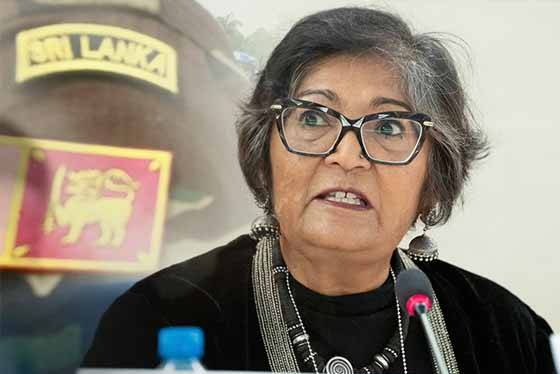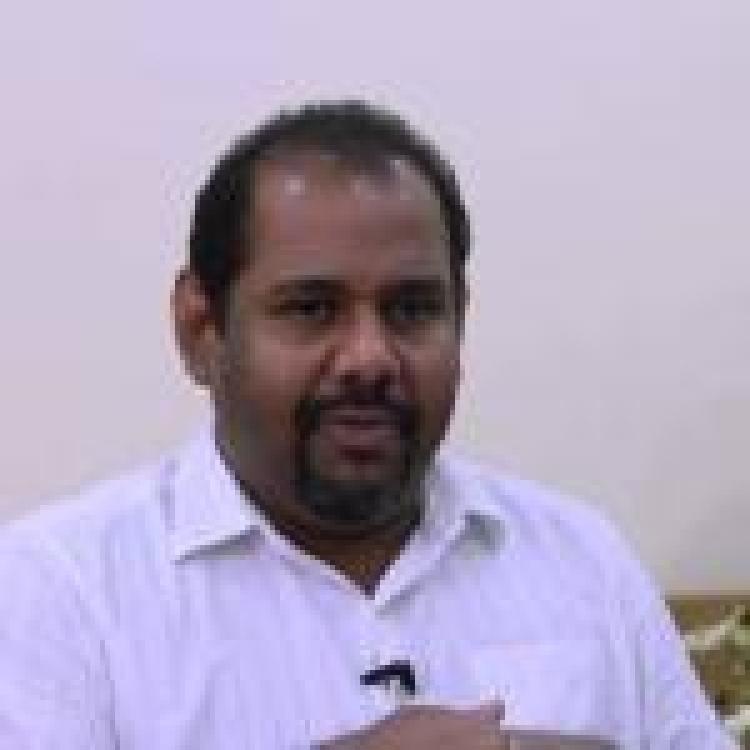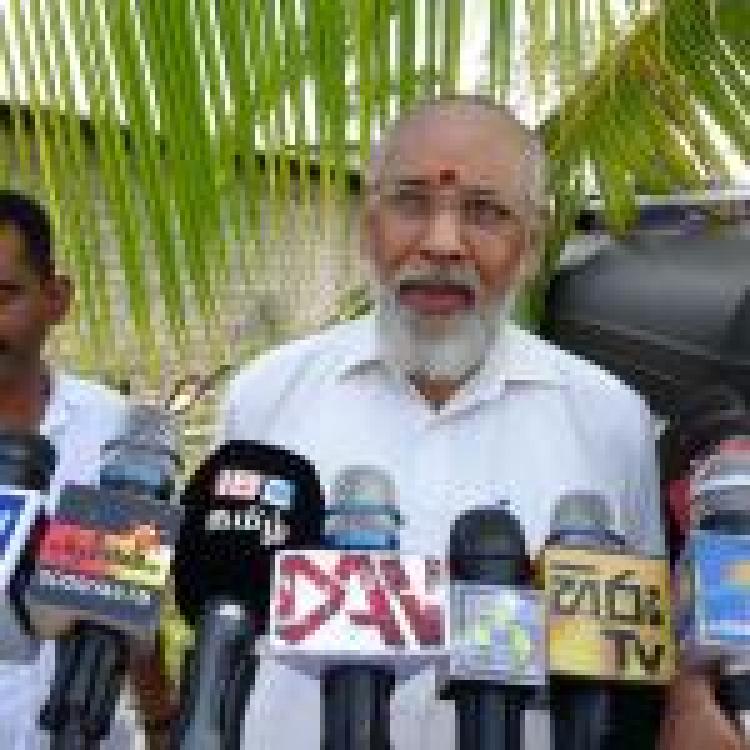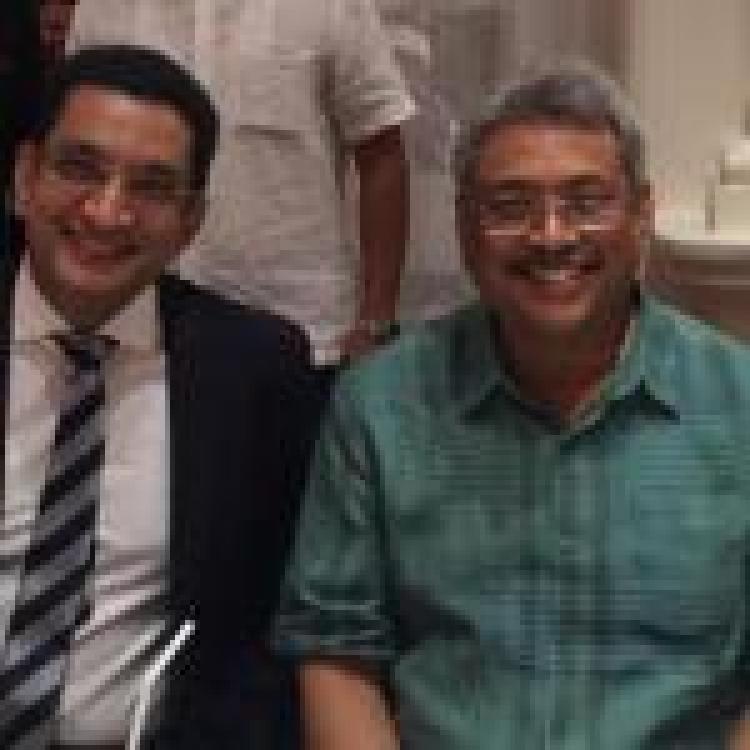![]()
Addressing Sri Lankan President, Gotabaya Rajapaksa’s first parliamentary address since the parliamentary elections, the Hindu urged the government to “not undo democratic gains or roll back devolution in the Constitution”.
Noting the historic two-third majority of the SLPP during the parliamentary election, the Hindu states that there “is indeed a mandate for constitutional change”; however, the question whether the reforms will “strengthen democratic institutions or weaken them”.
19th Amendment
A key issue their raise is Rajapaksa’s declared intention to repeal the landmark 19th Amendment, which re-established a two-term limit on the Presidency; made it more difficult to dissolve parliament at the President’s command; and, protected the independence of oversight institutions.
Given that these reforms were also introduced on a popular mandate during the 2015 election, receiving over the two-thirds mandate required, and that the Electoral Commission’s autonomy was safeguarded by the measure, the Hindu asks if is necessary that the Amendment be “thrown out lock, stock and barrel?”
They further state that it would be “a travesty of democratic principles if the independence of institutions such as the Election Commission” was curbed by the undoing of the 19th Amendment.
Military rule

There have been increased concerns over the fate of independent institutions in Sri Lanka under the Rajapaksa administration, given the appointment of new Presidential Task Forces which are overseen by an all-Sinhala committee with a number of senior military officials who have been accused of war crimes.
The International Truth and Justice Project (ITJP) has reported on this issue noting that these “powerful militarised task forces [can] bypass the usual checks and balances of a democratically elected parliament.”
Yasmin Sooka, the ITJP’s executive director, further reported that:
“The Task Forces risk creating a parallel state and potentially give the President, his family and former military comrades unparalleled control over patronage networks and the use of public assets,”
She also added that:
“More worrying is that this new schematic for exercising control could survive beyond the next elections, which are anyway expected to return a parliament compliant and subservient to the Rajapaksa family”.
Read more here: Presidential task forces 'risk creating parallel state' and further entrenches 'nepotism, patronage and militarisation' - ITJP
Devolution
![]()
Commenting on the issue of devolution, the Hindu, remarks that it would be retrograde “if the idea of sharing more power with the provinces is abandoned altogether”.
However, they note that the rubric of “one country, one law” is at odds with “the urgent need for a new inclusive Constitution that would put the country on the path of equality and reconciliation”.
The Hindu further notes that Rajapaksa’s address was notable “for the absence of any reference to ethnic minorities”.
They further state:
“For long, Sri Lankan leaders have maintained that they can give little by way of constitutional concessions to the minorities without the consent of the majority Sinhalese. Given the dependence of the Rajapaksas on the majority, it is possible to look at the President’s remarks on the proposed Constitution in the portentous sense of moving away from the concept of devolution”.
This statement follows calls from, Sri Lanka’s State Minister of Provincial Councils and Local Government, Sarath Weerasekara, to strip the 13th Amendment of clauses that would be crucial to establishing local control and provincial councils.
In particular, he specified that the government would “not devolve police and land powers to the provincial councils”. Issues of over-policing, militarisation, and land grabs by the Sri Lankan military have been persistent problems in the North-East.
Read more here: Sri Lankan minister pledges to strip 13th Amendment
Read the full piece by The Hindu.



